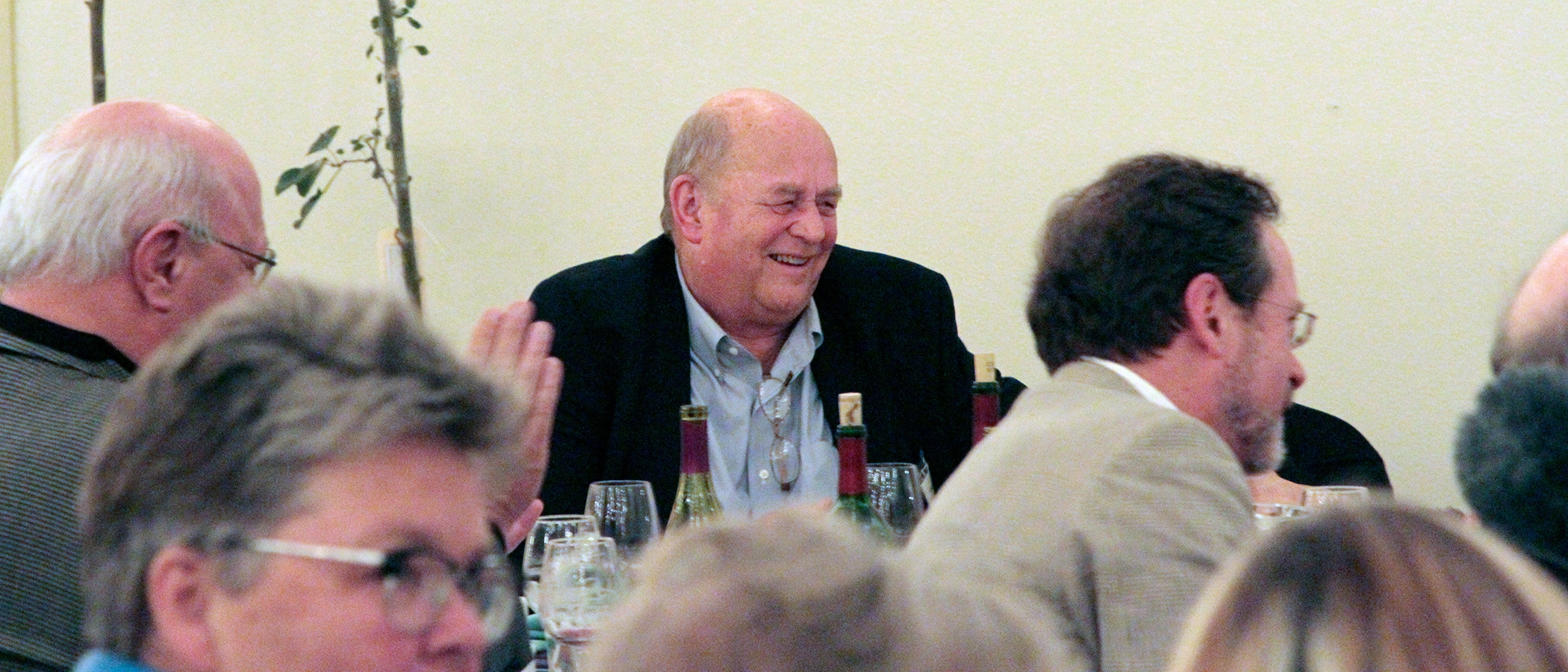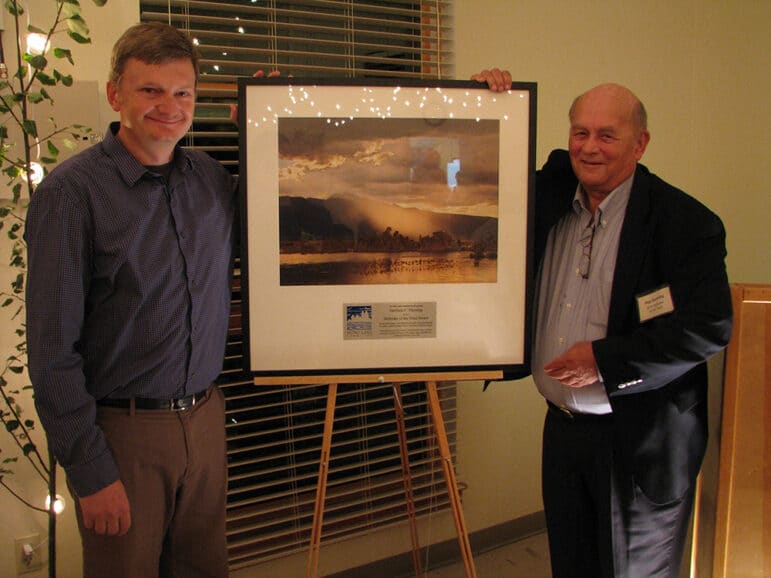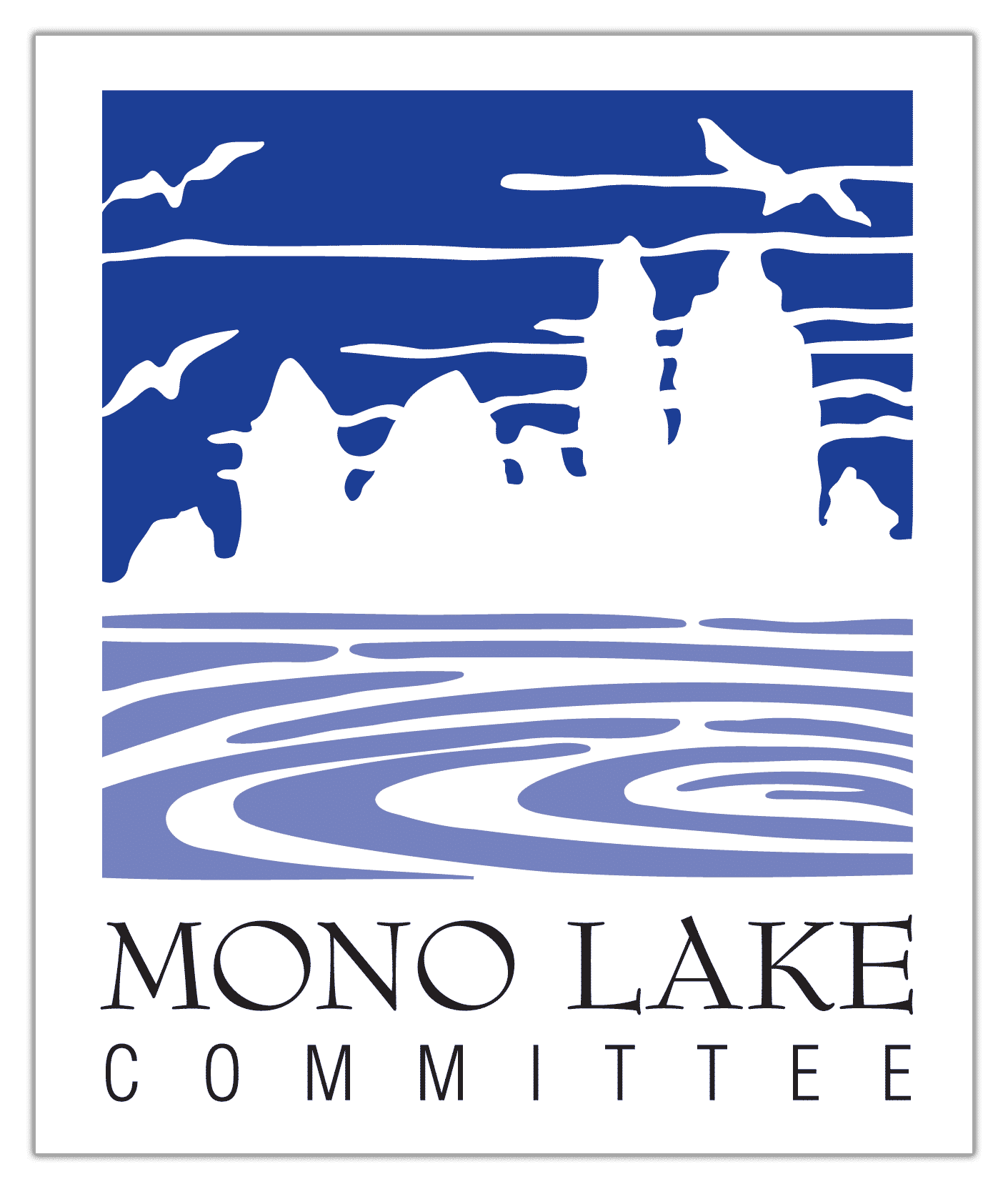
In March, the Mono Lake community lost Harrison “Hap” C. Dunning—a renowned legal scholar and professor, steadfast advocate of the Public Trust, and insightful thinker who sought a balanced and sustainable approach to water rights law.
Starting in the 1970s, Hap became a leading voice for California water law reform. In 1980 he organized a law conference on the Public Trust that would later prove incredibly influential for the future of Mono Lake.
As the story goes
Broadly speaking, the Public Trust is the concept that certain lands and resources belong to all people, and that the government has a continuing duty to manage these natural resource commons for the benefit of current and future generations.
Hap’s writings helped frame the legal understanding of the Public Trust as a dynamic and evolving obligation—a living principle that required the state to act as a guardian of natural resources. His work provided both intellectual legitimacy and moral grounding to the idea that nature’s intrinsic value could, and should, be recognized in the legal system.
Hap saw that the Public Trust Doctrine and the traditional Western water rights system were on a collision course. And he wasn’t alone—in 1980, 650 people joined his conference “The Public Trust Doctrine in Natural Resources Law and Management” at the University of California, Davis, which helped to put the issue on the intellectual map.
The California water law impact of Hap’s Public Trust symposium can’t be overstated. It set the framework for the Public Trust Doctrine to be applied to California water allocations, starting with the National Audubon/Mono Lake Committee decision by the California Supreme Court.
In the book Storm Over Mono John Hart wrote, “On February 17, 1983, the California Supreme Court broke its silence. The plaintiffs found it had been worth the wait. In a six-to-one decision written by Justice Alan Broussard, the court declared that the public trust existed at Mono Lake; that it has not been properly considered in the past; that it should be considered now; and that Los Angeles’s water rights were subject to revision.”

A lasting connection with Mono Lake
The California Supreme Court’s 1983 decision laid much of the groundwork for State Water Board Decision 1631, issue in 1994, which transformed the Los Angeles Department of Water & Power’s water rights and detailed the ongoing protection and restoration requirements we see at Mono Lake today.
In 2014 the Mono Lake Committee honored Hap with the Defender of the Trust award for his extraordinary work defending the Public Trust and protecting the public’s natural heritage at Mono Lake and its tributary streams (see Fall 2014 Mono Lake Newsletter).
Beyond the courtroom and the classroom, Hap’s impact was deeply human. He mentored generations of lawyers, judges, and environmental advocates, instilling in them a respect for law as a tool of public service and ecological stewardship.
Hap was nothing if not devoted to his family. We recently learned that last fall, one of Hap’s granddaughters took a trip with her elementary school to the Mono Basin Outdoor Education Center, where she and her classmates learned the Mono Lake story. It’s one of those almost unbelievable full-circle moments, because the Public Trust principle that Hap developed establishes that protection is an obligation of the state to future generations. Hap’s son Thad wrote, “I am proud that my dad’s work helped contribute to the wonderful, shared effort to restore the lake.”
Hap’s work helped make the world, and Mono Lake, better. He leaves an inspired legacy that will continue to shape water law and natural resource policy for generations.
This post was also published as an article in the Summer 2025 Mono Lake Newsletter. Top photo by Arya Degenhardt.
